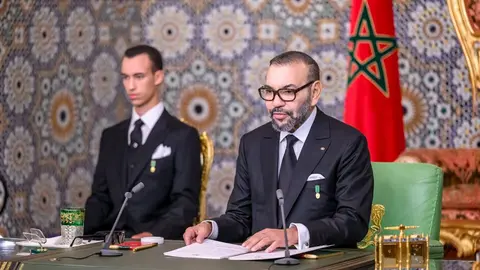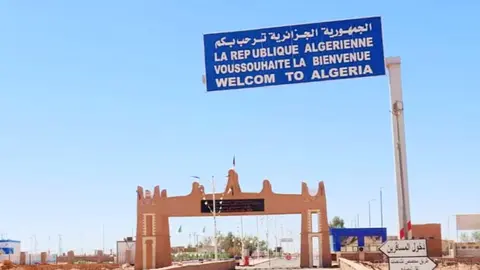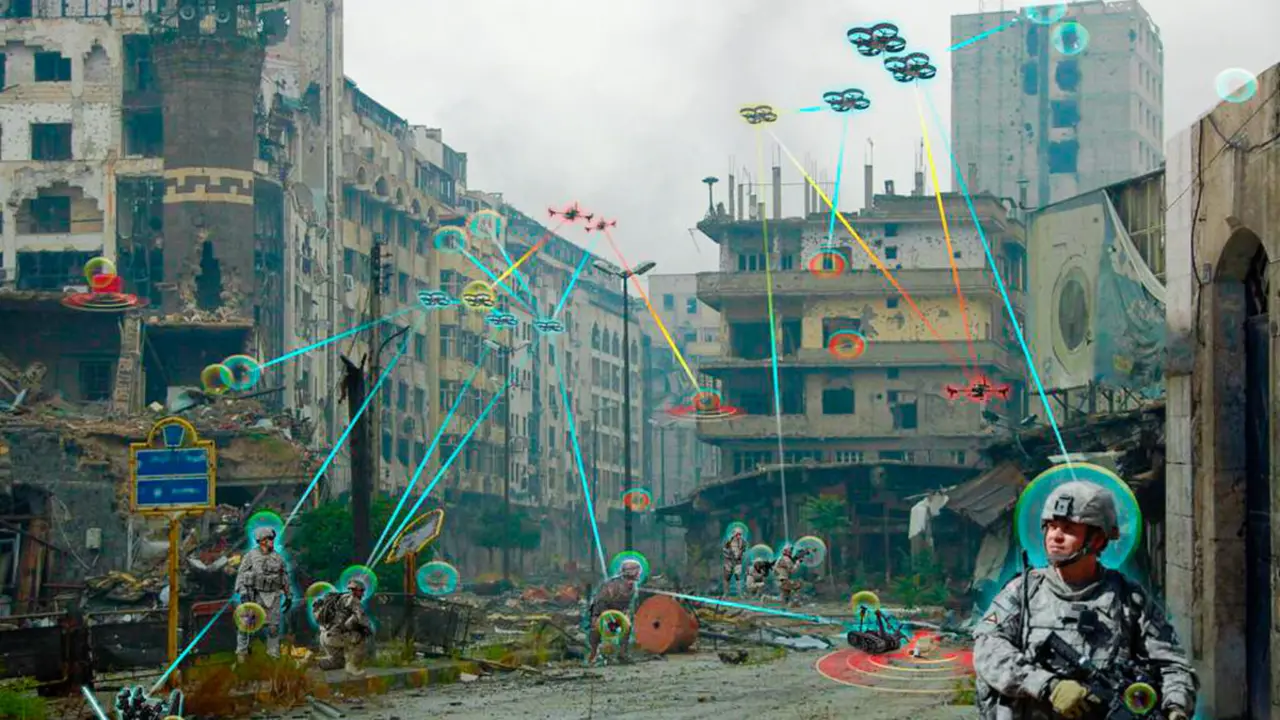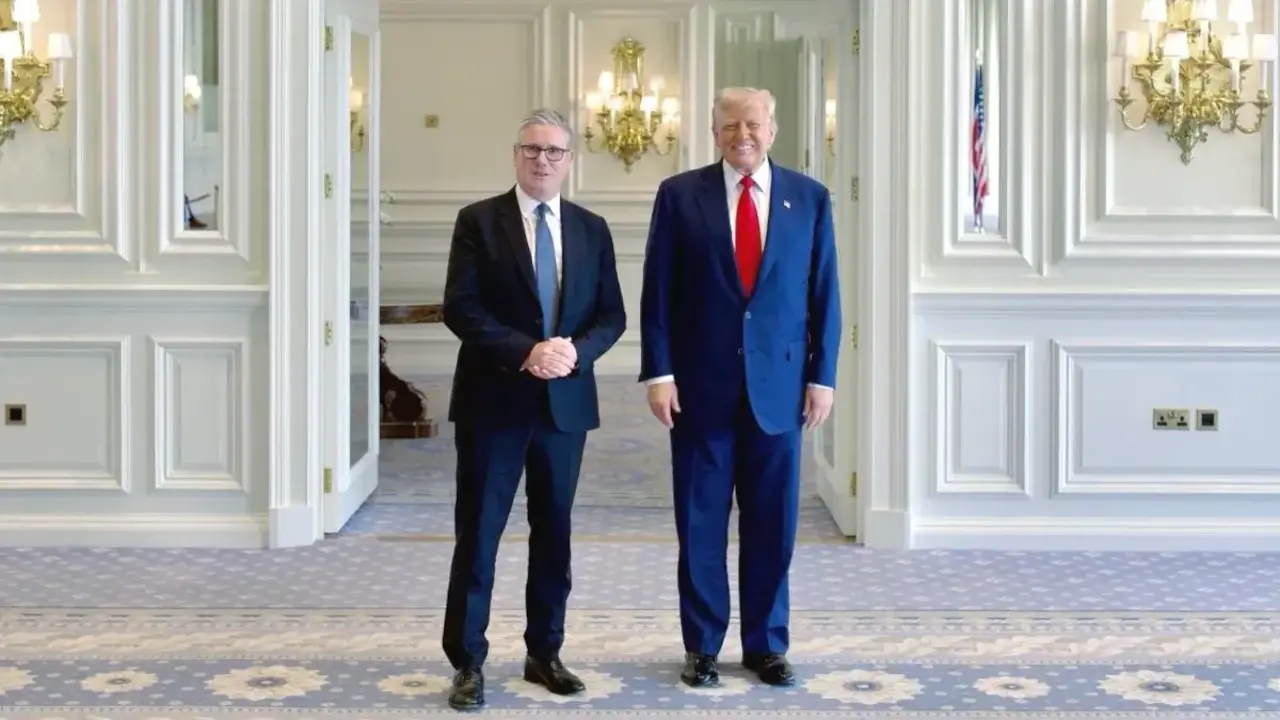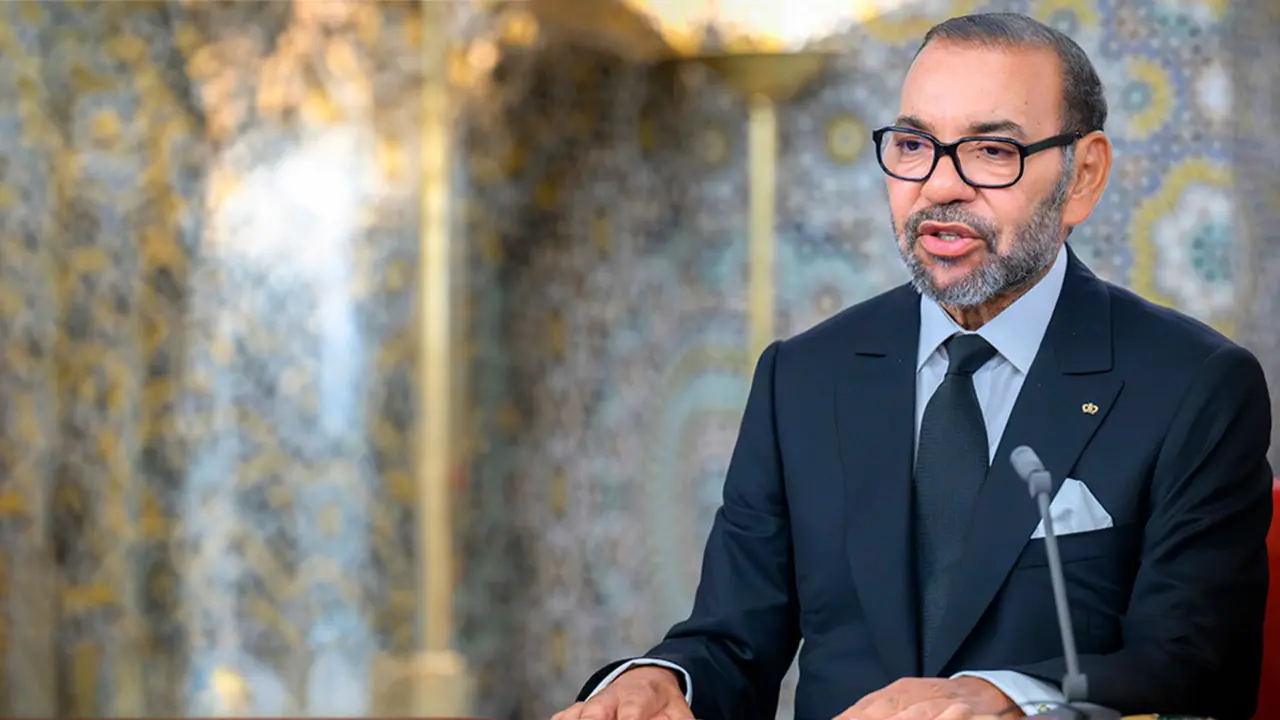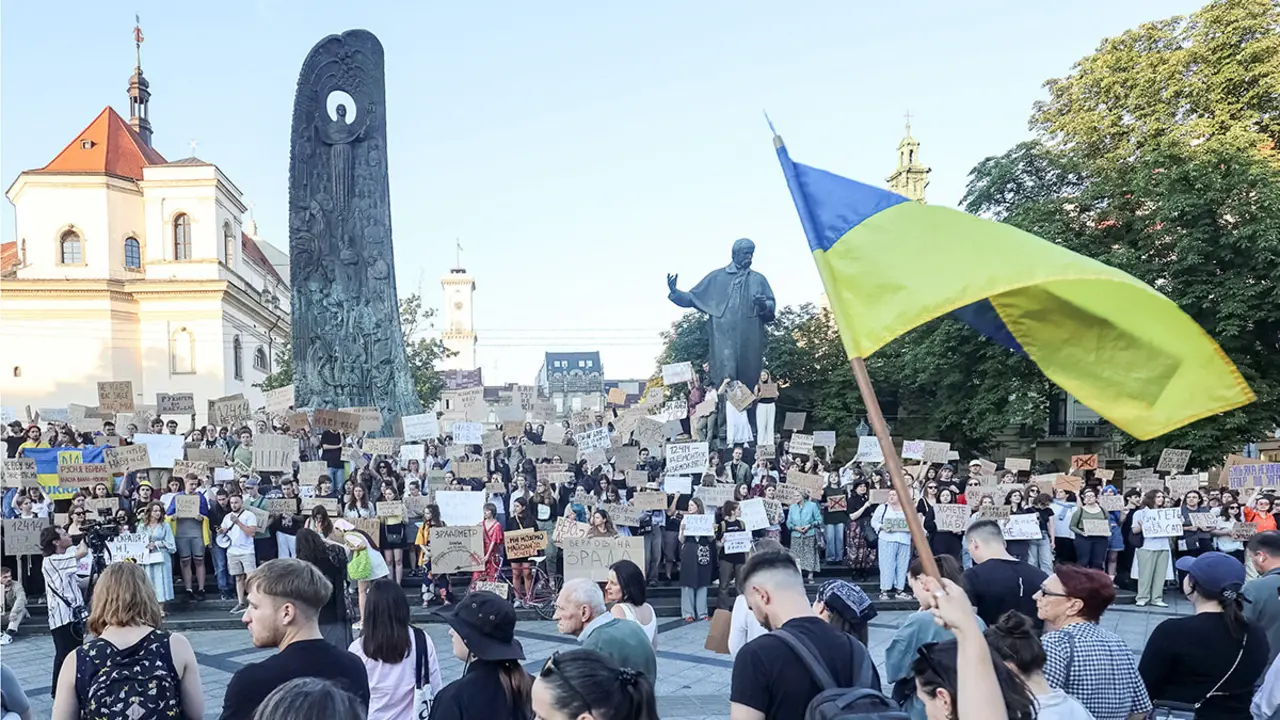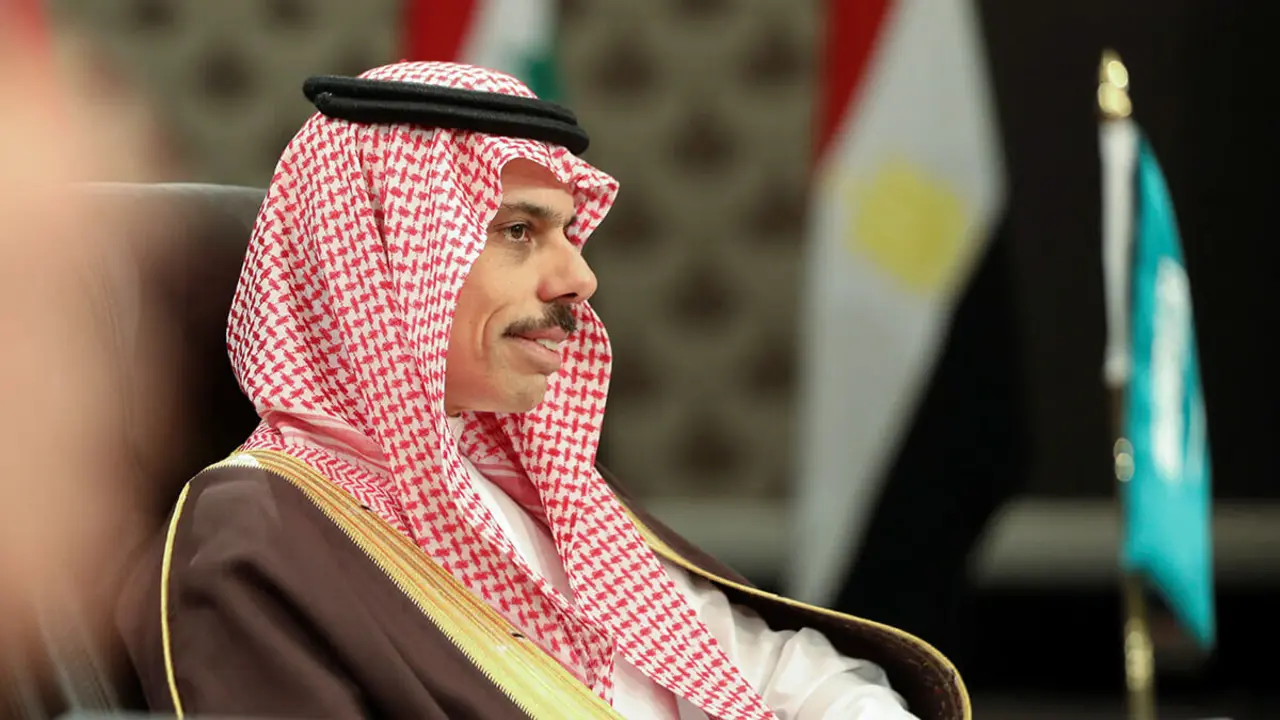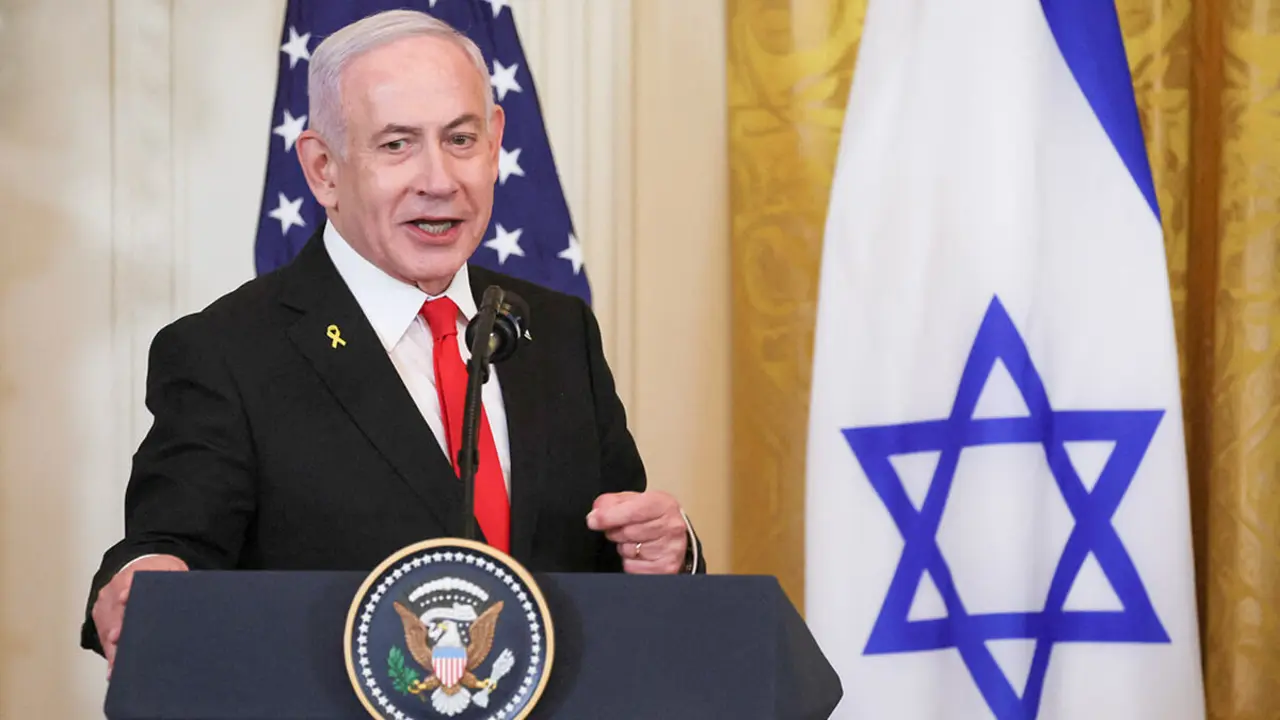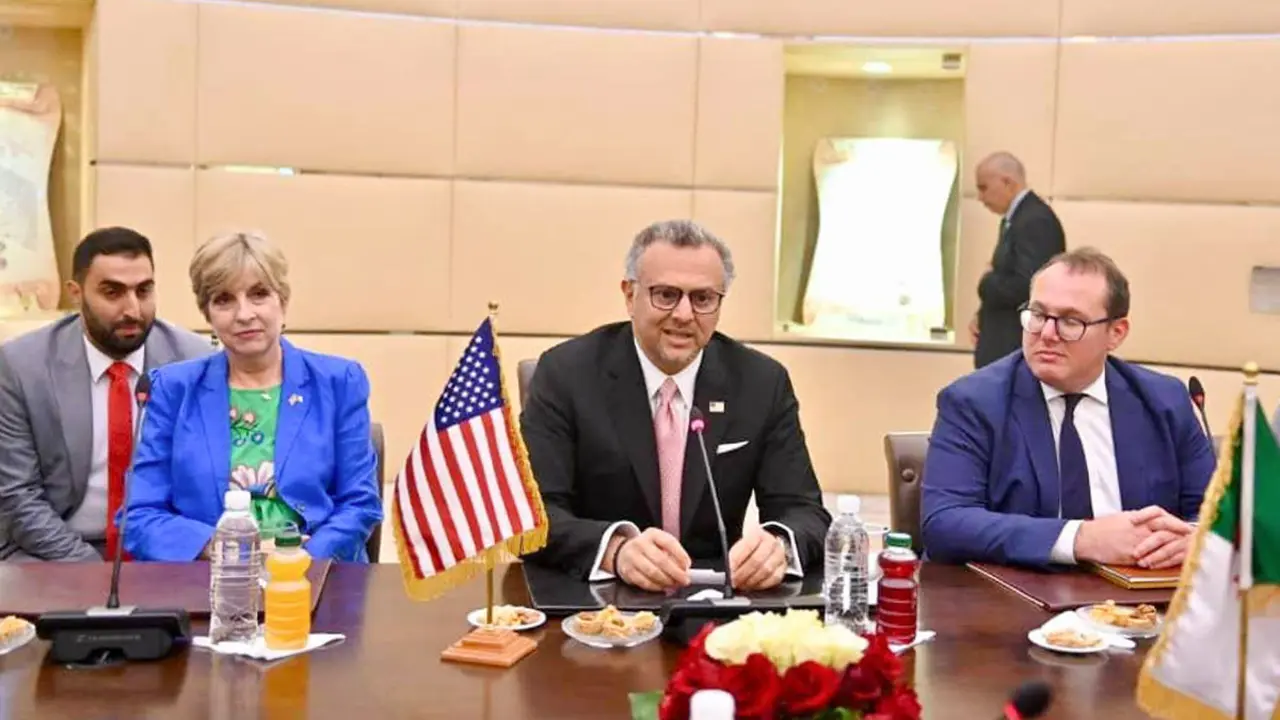Libya aims to boost oil production as geopolitical risks mount
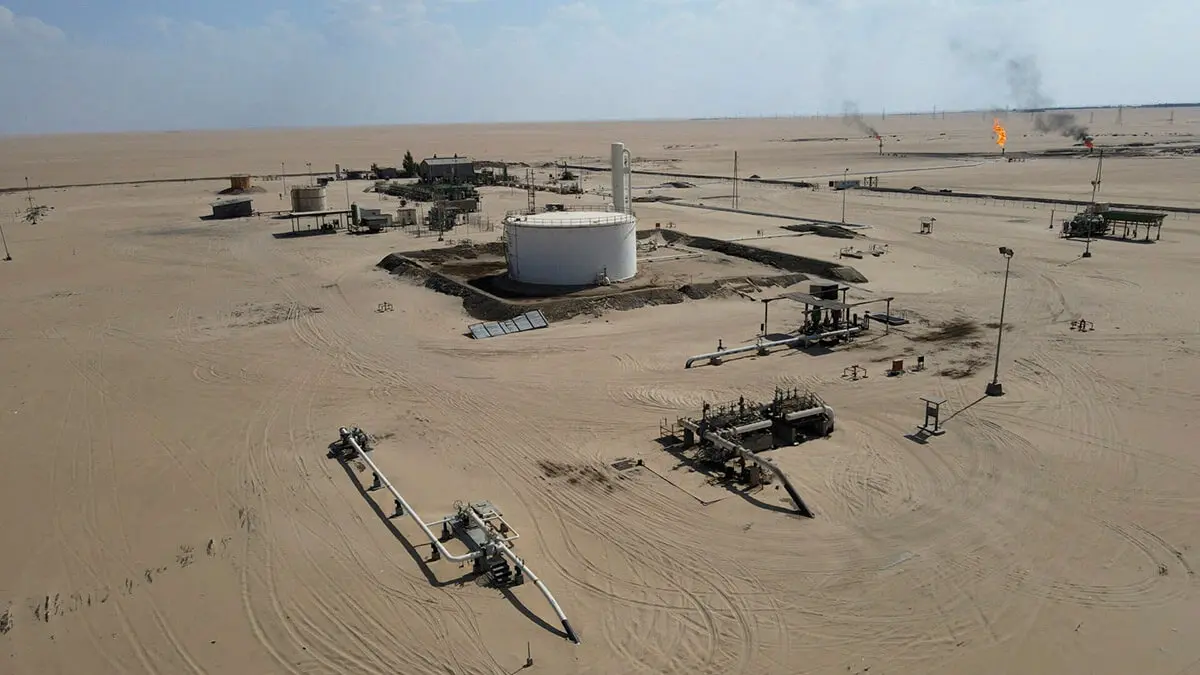
After decades of disinterest in Libya's oil and gas sector due to sanctions and civil war, a new chapter may open in 2025 despite growing geopolitical risks. This is due to the possible bid by the National Oil Company of Libya (NOC) for the exploration of 22 onshore and offshore blocks.
In December 2024, NOC announced plans to offer these 22 onshore and offshore exploration areas in 2025 to attract foreign investment and strengthen the country's energy sector. Libya has the largest proven oil reserves on the African continent, estimated at 48.363 billion barrels. It also ranks ninth in the world in terms of oil reserves, according to Datosmacro.
For the moment, the current political instability and security situation has not diminished interest in the North African country, and this could be demonstrated by the drilling of the Spanish company Repsol. In this way, Libya hopes to increase its production to two million barrels per day by 2025, compared to the 1.5 million barrels per day it produced in 2024.
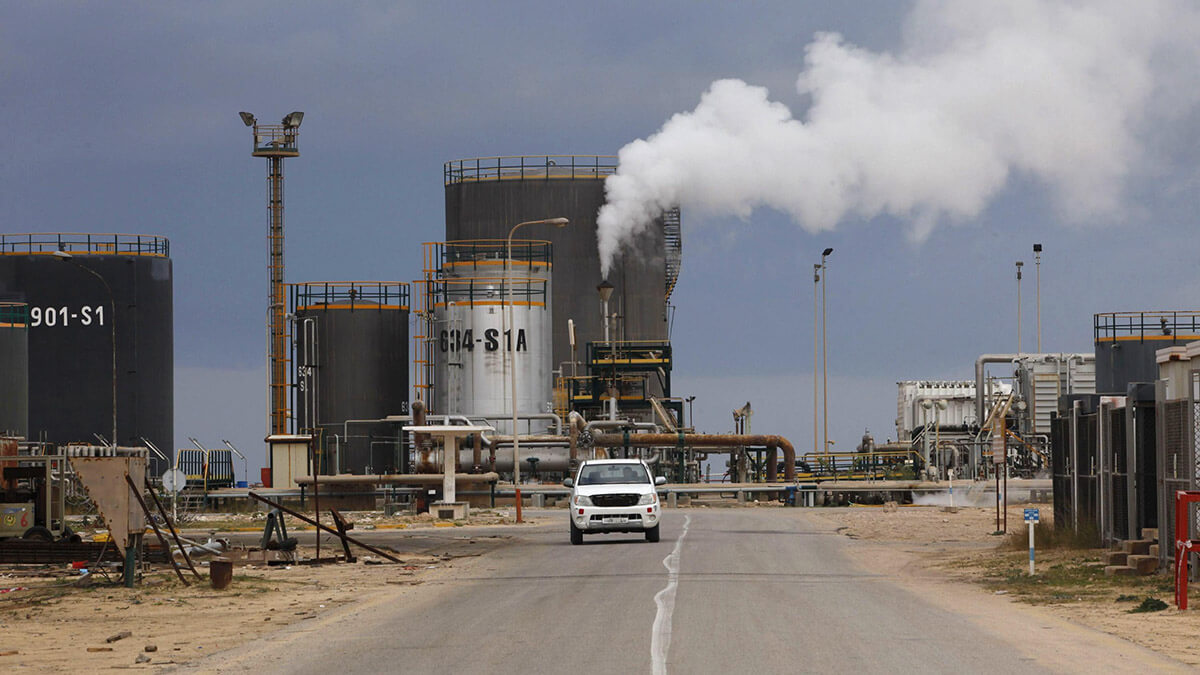
Sanctions on the oil market
Sanctions on Libya's oil market are key to influencing political and economic stability in the North African country. Since 1980, the Libyan government has faced various sanctions due to its support for terrorism and its attempts to develop weapons. As a result, much of the country's oil territory has remained unexplored.
Although sanctions were lifted in 2000 and agreements began to be signed with international oil companies such as Eni and BP, the Libyan authorities did not encourage foreign investment and bureaucratised the system, forcing companies to hire Libyan nationals in top positions. This led to a growing disinterest in investing in Libya.
In 2011, during the conflict that led to the overthrow of Muammar Gaddafi, the EU expanded its sanctions to include NOC and its subsidiaries in order to put pressure on the regime.
Later, in 2014, the UN and the EU threatened to implement an oil embargo and additional sanctions to prevent illegal oil exports by unrecognised factions in order to stabilise the country and ensure that oil market revenues were not monopolised.
Last year, oil production in the North African country was affected by internal political conflicts, such as the crisis over control of Libya's central bank, causing oil production to fall by 60% by August 2024.
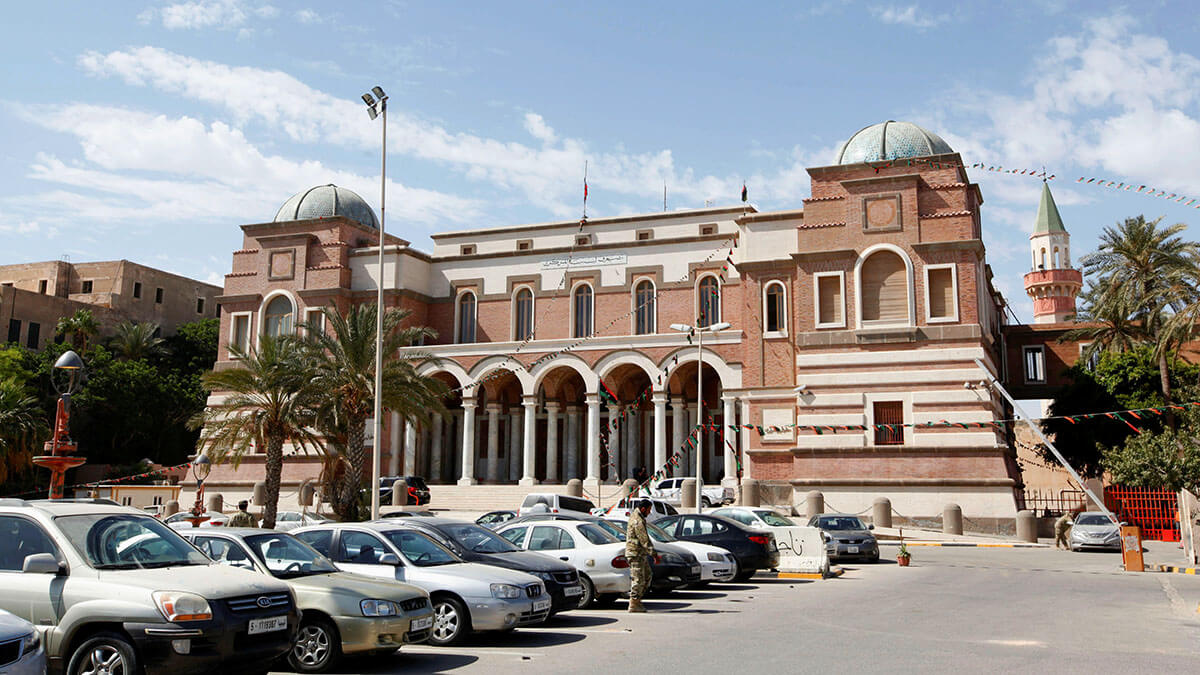
Foreign companies
The Spanish company Repsol began drilling the A1-2/130 exploratory well on 31 December, which is located 12 kilometres from Libya's largest oilfield. In addition, the foreign company has committed to drill six other wells in its licence areas: NC115 and NC186, which are located in the southwest Murzuq basin.
Also, Italy's Eni and Britain's BP have started exploration projects in collaboration with the Libyan Investment Company in Block B of the Ghadames Basin, which is located in northwest Libya.
The Italian company and NOC, in an oil and gas joint venture, are 50/50 profit sharing partners and are overseeing drilling activities based on their experience in the Al Wafa field. In addition, NOC stated that promising geological formations are anticipated in the A1-96/3 well and the depth of the well is expected to be approximately 3,147 metres.
Rosneft, one of the largest oil and gas companies majority controlled by the Russian government, has also expressed interest in Libya's large hydrocarbon reserves.

Destabilising factors
Although the security situation in Libya is relatively stable, developments in neighbouring countries, especially those involving Syria, Israel and Iran, could have a destabilising effect. Libyan media recently reported on discussions between Libyan and Israeli officials, which have led to a tense political environment.
A major factor is the country's ongoing internal political crisis, as rival factions have emerged since the fall of Gaddafi in 2011, seeking to control both the country and its oil resources.
The administrations are, on the one hand, the Government of National Unity in Tripoli and, on the other hand, the Executive in Benghazi, which is supported by General Khalifa Haftar. These factions seek to control important institutions such as the Central Bank of Libya, which has led to tensions affecting the stability of the oil sector.
The ouster of Bashar Al-Assad in Syria has direct implications for Libya's security and future, as it was the Turkish-backed militias that overthrew Al-Assad and put an end to the Russian presence in Syria, but this does not rule out a possible Russian-Turkish confrontation.
Russia is also an important factor, as Vladimir Putin is currently seeking to establish new military bases and seaports in the Mediterranean, making Libya one of his top priorities, serving as a power bridge for Russian interests and operations in Africa. Bearing in mind that Vladimir Putin's Russia was also a staunch ally of the Al-Assad regime in Syria.
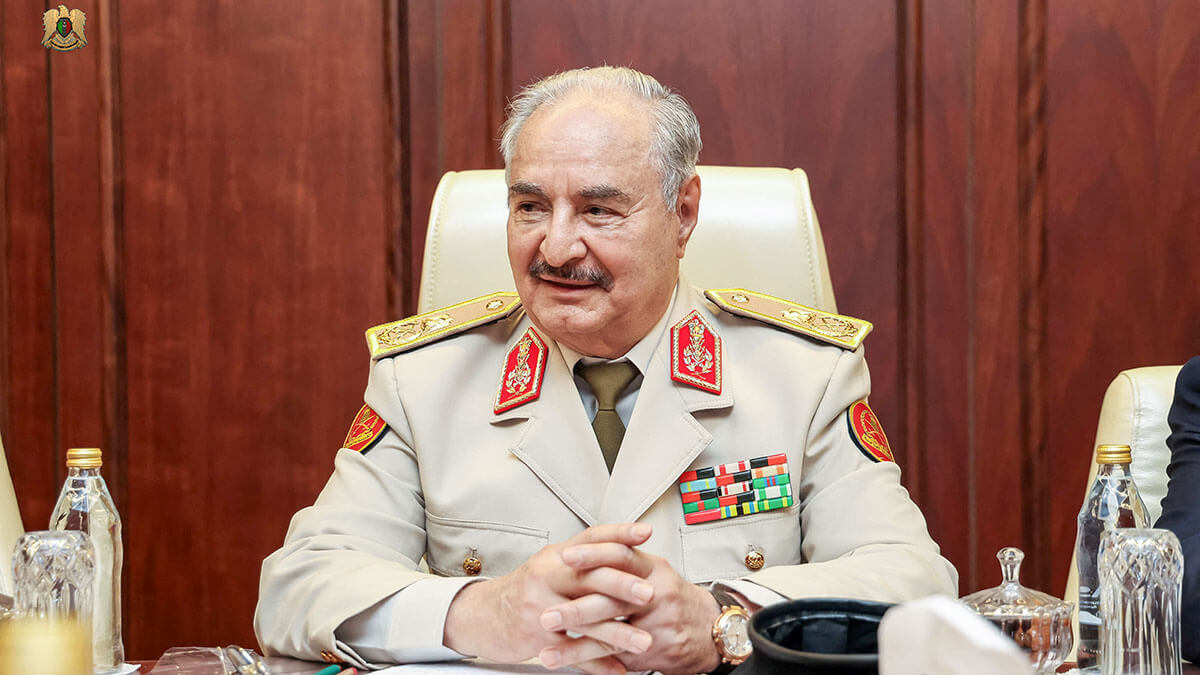
Russia-Libya relations
Since mid-December there has been a significant movement of military personnel and equipment from Syria to Libya. Trackers have recorded daily military transport flights from the Russian-Syrian airbase in Khmeimim to three bases in the North African country.
Four Russian ships carrying heavy cargo to the Mediterranean have also been recorded. What has attracted attention is that the ships turned off their automatic identification systems off the coast of Libya in recent days.
This military deployment situation has attracted NATO's attention and Italian Defence Minister Guido Crosetto compared the current situation to the Cuban missile crisis in 1962.
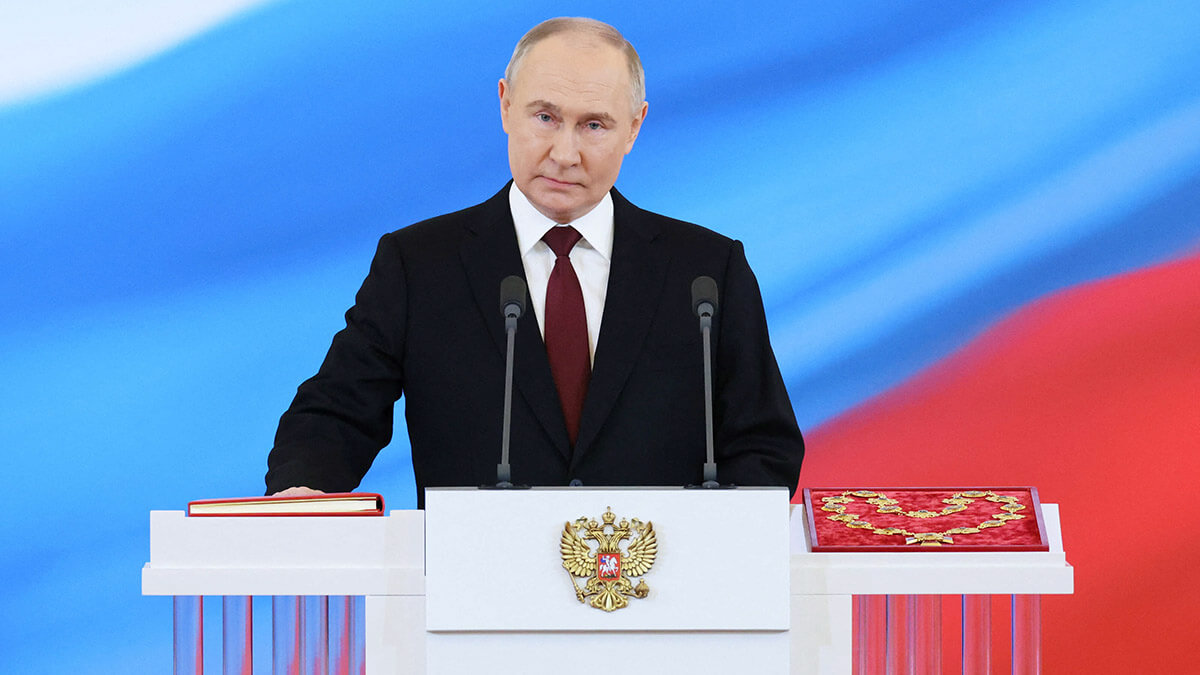
Since 2014, Russia has shown its support for Khalifa Haftar by sending arms and military aid, which has made it the main power broker in Libya, as this also includes granting access to ports and military bases.
Without this North African country, Russia's idea of establishing an African empire may be undermined and a confrontation between the UN-backed Western government and Turkey and Haftar's Russian-backed forces is increasingly likely.
Instability in Syria appears to be imminent and international oil companies must assess Libya's enormous potential in the face of an unstable outlook, for although Libya has a promising future due to its hydrocarbon resources, a Russian military deployment would dash expectations.

